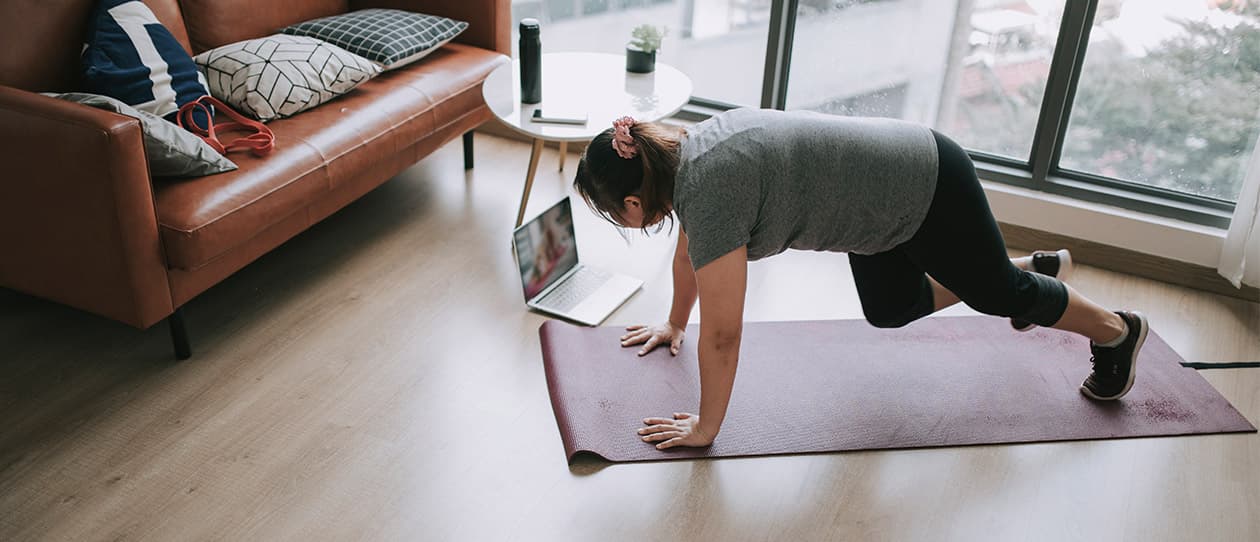
- Health hub/
- Tips & Advice on Improving your Energy Levels/
- 4 things you probably didn’t know about collagen


Think collagen is vital for your skin’s health and appearance? You’re 100 per cent right. Along with elastin and things called glycosaminoglycans, or GAGs, collagen plays a key role in the appearance of skin. If you want to get specific about it, collagen is that ‘thing’ that helps skin look plump and firm.
But as the protein that makes up around one-third of all the proteins in your body , pigeonholing collagen as being ‘just about skin’ is seriously short-changing it. Here are five facts that show just how incredible collagen really is.
1: It’s the ‘key ingredient’ in cartilage.
Which means collagen plays a vital role in joint health, because cartilage is the connective tissue that cushions and lubricates joints so you can move smoothly and freely. Once this starts to deteriorate, it can bring on common joint-related conditions that cause joint pain. In other words, for pain-free joints, you need healthy cartilage – and that means you need collagen.
2: There’s collagen in our bones, muscles and tendons, too.
As well as maintaining healthy skin and joints, collagen plays a role in a wide range of other health-related things. As a fibre-like structure, the body predominantly uses collagen to make connective tissue. Cartilage is one example, but connective tissue is also a major component of bone, muscles and tendons.
3: Your body naturally manufactures it – but there’s a ‘but’.
Your body breaks the protein-rich foods that you eat down into amino acids and then uses those amino acids to build collagen . But regardless of how collagen-friendly your diet is, the body’s collagen production drops off with age – that’s normal and natural. There are also things that speed up the decline of the body’s ability to sustain healthy collagen levels, including smoking, drinking too much alcohol, a lack of sleep and not getting enough exercise . Signs to look out for that indicate your body’s collagen levels are falling include skin that appears more fragile and thin , less flexible tendons and ligaments, and an increase in joint pain.
4: There are actually 28 different types of collagen.
And 80-90 per cent of the collagen in your body belongs to types 1, 2 and 3 . While type 1 collagen is particularly important for and predominant in skin, bones, ligaments and tendons, type 2 collagen is found mainly in cartilage and type 3 collagen helps organise cells within the body’s organs.




